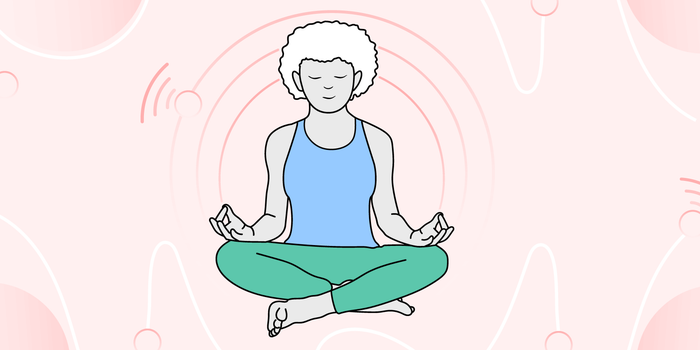Meditation can become easier over time with consistent practice. For some people, they may start to notice improvements in their ability to focus, relax, and maintain mindfulness after just a few sessions. However, it’s important to understand that meditation is a skill that requires patience and persistence. The timeline for when it gets easier can vary greatly depending on individual factors such as experience, temperament, and the specific meditation techniques being used.
For beginners, the initial stages of meditation might feel challenging as the mind tends to wander and it can be difficult to quiet the thoughts. However, with regular practice, you can train your mind to become more focused and present. As you become more accustomed to the practice, you may find that it becomes easier to enter a meditative state, and you may experience deeper levels of relaxation and clarity.
It’s also worth noting that there may be ups and downs in your meditation practice. Some days you might find it easier to meditate, while other days you may struggle more. This is completely normal, and it’s important to approach your practice with compassion and without judgment.
Ultimately, the key to making meditation easier is to stick with it and cultivate a regular practice. Over time, you may find that it becomes a natural and rewarding part of your daily routine.
What Is a Successful Meditation?
A successful meditation can be defined in various ways, depending on the goals and intentions of the individual practitioner. Here are some common indicators of a successful meditation:
- Increased mindfulness: If you find that you are more aware and present during your meditation session, noticing thoughts, sensations, and emotions without judgment, this can be considered a successful outcome.
- Deep relaxation: Meditation can help induce a state of deep relaxation, reducing stress and promoting a sense of calm and inner peace. Feeling more relaxed and at ease after a meditation session can be a sign of success.
- Improved focus: Meditation involves training the mind to focus on a specific object, such as the breath or a mantra. If you find that your ability to concentrate improves during your meditation practice, this can be seen as a positive outcome.
- Emotional balance: Meditation can help cultivate emotional resilience and balance, allowing you to respond to challenging situations with greater equanimity and clarity. If you notice a greater sense of emotional stability and well-being after meditating, this can be considered a successful result.
- Insight or clarity: Meditation can also lead to insights and a deeper understanding of oneself and the nature of reality. If you gain new insights or clarity about your thoughts, feelings, or life circumstances during or after meditation, this can be seen as a successful outcome.
It’s important to remember that meditation is a practice, and success is not measured solely by achieving specific outcomes. Each meditation session is an opportunity for growth and self-discovery, regardless of whether it meets your preconceived notions of success. The most important thing is to approach your practice with openness, curiosity, and a willingness to learn from whatever arises.
Does Meditation Get Easier with Time?
Meditation can become easier with time, but it’s not necessarily guaranteed for everyone. Here’s how it typically works:
- Increased familiarity: Like any skill, the more you practice meditation, the more familiar you become with the process. Over time, you may become more comfortable with the techniques, the sensations of sitting still, and the mental states that arise during meditation.
- Improved concentration: With regular practice, many people find that their ability to concentrate and focus improves. This can make it easier to settle into a meditative state and to maintain awareness without getting distracted by wandering thoughts.
- Greater self-awareness: As you continue to meditate, you may develop a deeper understanding of your own mind and habits. This increased self-awareness can make it easier to recognize and navigate distractions, allowing you to stay more focused during meditation sessions.
- Reduced resistance: Some people experience resistance or discomfort when they first start meditating, particularly if they’re not used to sitting still or being alone with their thoughts. With time and practice, you may find that this resistance diminishes as you become more accustomed to the practice.
However, it’s important to recognize that meditation is a skill that requires ongoing effort and commitment. There may still be days when meditation feels challenging or frustrating, even for experienced practitioners. It’s also normal for your meditation practice to evolve over time, with new challenges and insights arising as you continue to deepen your practice.
Ultimately, the key to making meditation easier with time is to approach it with patience, persistence, and an open mind. Allow yourself to be curious and exploratory in your practice, and be willing to adapt and adjust as needed to find what works best for you.
